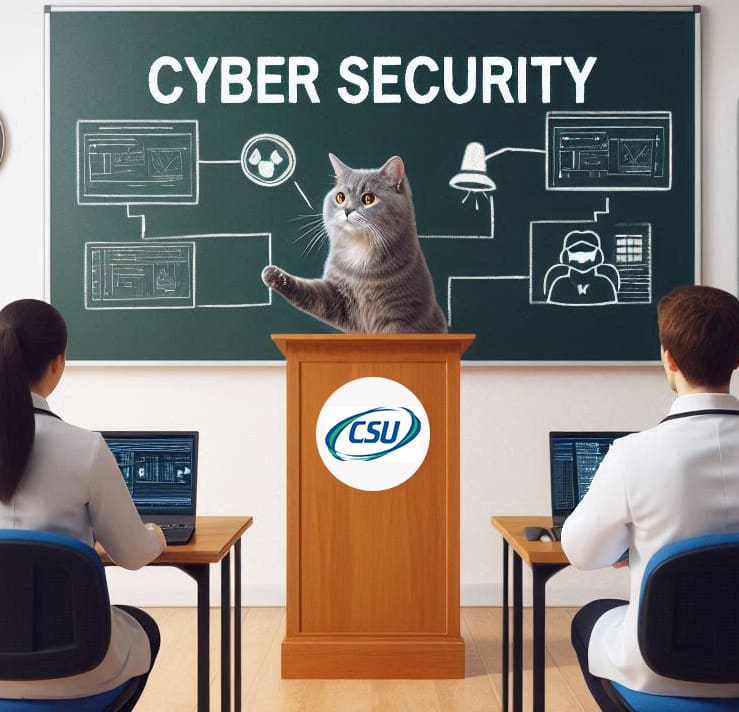When you leave your house, do you lock the door? Of course, you do! But what if, upon returning, you discover a window left open? It would be like leaving the door unlocked, wouldn’t it?
Now, consider your practice. You’ve likely invested in strong cybersecurity measures—secure passwords, firewalls, and up-to-date software. But if your employees unknowingly leave the “windows” open, even the best security can be compromised.
This isn’t about placing blame; it’s about raising awareness. In many cases, your employees may unintentionally be your biggest security risk.
Because of remote work, research shows that four out of five employees use their personal devices—phones, tablets, or laptops—for work. While this is understandable, it brings a significant risk. Personal devices often lack the security protocols of your office systems. They might have weak passwords, outdated software, or be connected to unsecured Wi-Fi networks, making them prime targets for hackers.
Here’s a concerning fact:
Two out of five employees admit to downloading client or patient data onto their personal devices. Once that sensitive information leaves your protected environment, it becomes vulnerable to security breaches.
Even more alarming, over 65% of employees admit to following cybersecurity guidelines “only sometimes” or “never.” This includes risky behaviors like forwarding work emails to personal accounts, using personal phones as Wi-Fi hotspots, or neglecting data-handling protocols when using mobile devices.
Password practices are another area of concern. Nearly half of employees reuse passwords across multiple work accounts. Even more troubling, over a third use the same passwords for both work and personal accounts. Imagine a hacker gaining access to an employee’s social media account and using that same password to breach your practice’s systems. It’s a potential disaster.
So, what can you do to protect your practice and your patients’ sensitive data?
Start by educating your team on the importance of cybersecurity. Many employees don’t intentionally break the rules—they just aren’t aware of the risks. Help them understand that even small actions—like reusing passwords or working on public Wi-Fi—can lead to serious consequences.
To strengthen your security, implement clear, simple, and enforceable guidelines. Encourage your team to:
- Use a password manager to create strong, unique passwords for every work account
- Access work systems only on secure, company-approved devices
- Avoid forwarding work emails to personal accounts
Also, ensure employees do regular cybersecurity training, which we offer, to keep them up to date on the latest threats. Recognize and reward those who demonstrate good cybersecurity practices, like flagging suspicious emails or using creative ways to protect sensitive data. Sharing these positive actions with the entire team helps reinforce good habits.
Additionally, we can assist with monitoring the personal devices your employees use for work. By ensuring these devices meet security standards, we can help protect your practice from external threats caused by unsecured personal devices.
If you need assistance keeping your team informed about the latest cybersecurity risks or managing their device security, don’t hesitate to reach out!

